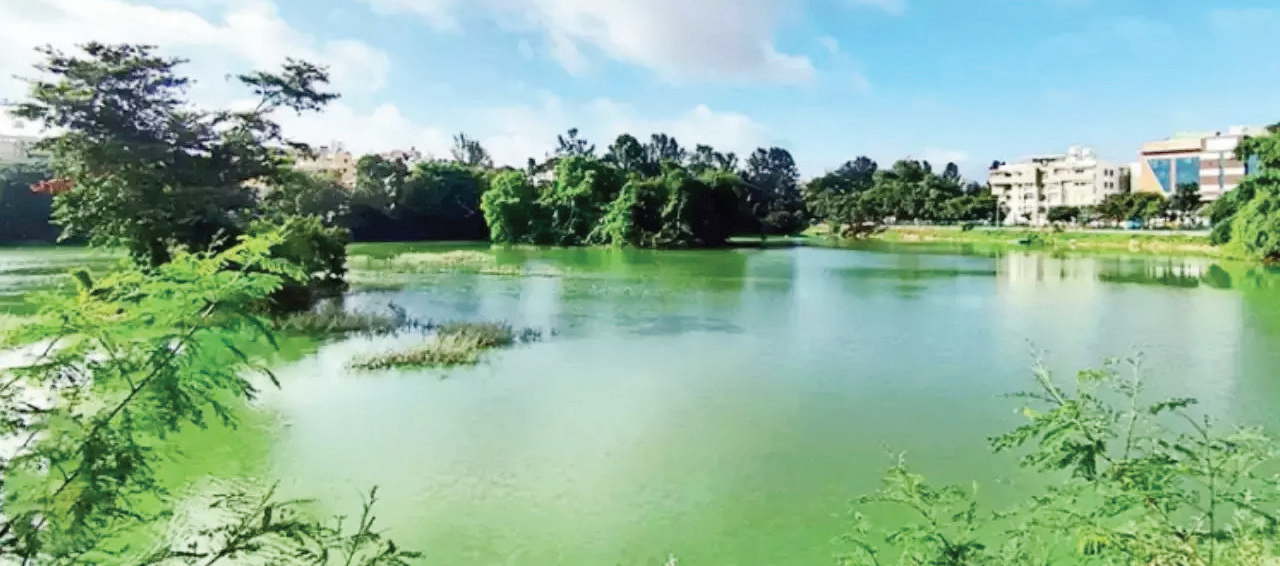
Study reveals insights into BBMP'S STPs & B'luru's lake water
A recent study by ActionAid Association evaluating the performance of sewage treatment plants (STPs) maintained by the Bruhat Bengaluru Mahanagara Palike (BBMP) reveals concerning insights into the state of water quality in the city’s lakes. Based on water quality analysis reports obtained via an RTI (Right to Information) request for the period of January to October 2023, the study examines the efficiency of 15 STPs linked to lakes across Bengaluru. Supplementary site visits were conducted at six of these lakes to gather further information.
The primary objective of the study was to assess the functionality of these STPs and their contribution to improving water quality in the lakes under BBMP’s jurisdiction. Additionally, it aimed at evaluating water quality data collected over 31 months from Karnataka State Pollution Control Board (KSPCB). The study uncovered several issues regarding the performance of BBMP’s STPs. One of the observations was the inconsistency in testing parameters. Reports from 10 STPs failed to include crucial parameters mandated by KSPCB, such as ammoniacal nitrogen and total nitrogen. These parameters are essential for monitoring the environmental health of the lakes, as elevated nitrogen levels can lead to harmful algal blooms, eutrophication, and a reduction in dissolved oxygen, all of which severely impact aquatic life. Additionally, there were concerns about the frequency and consistency of water testing. While most lakes conducted tests once a month, two lakes Uttarahalli and Kalena Agrahara performed tests twice monthly, though with inconsistencies. Identical values were repeatedly reported for some lakes, such as Challakere and Kalena Agrahara, raising questions about the reliability of the sampling processes. Another finding was the occurrence of fishkills in lakes with attached STPs.
In 2023 four episodes of fish mortality were reported, with fishkills documented at Iblur, Challakere, and Bhattarahalli Lakes. These incidents point to potential failures in the effectiveness of STPs in controlling pollution. The study calls for a comprehensive evaluation of all STPs under BBMP’s management. It urges BBMP to adhere to the KSPCB’s testing standards and to consider handing over STP operations to the Bangalore Water Supply and Sewerage Board (BWSSB) or establishing a robust monitoring mechanism to ensure consistent water quality.
 English daily published in Bengaluru & Doha
English daily published in Bengaluru & Doha






